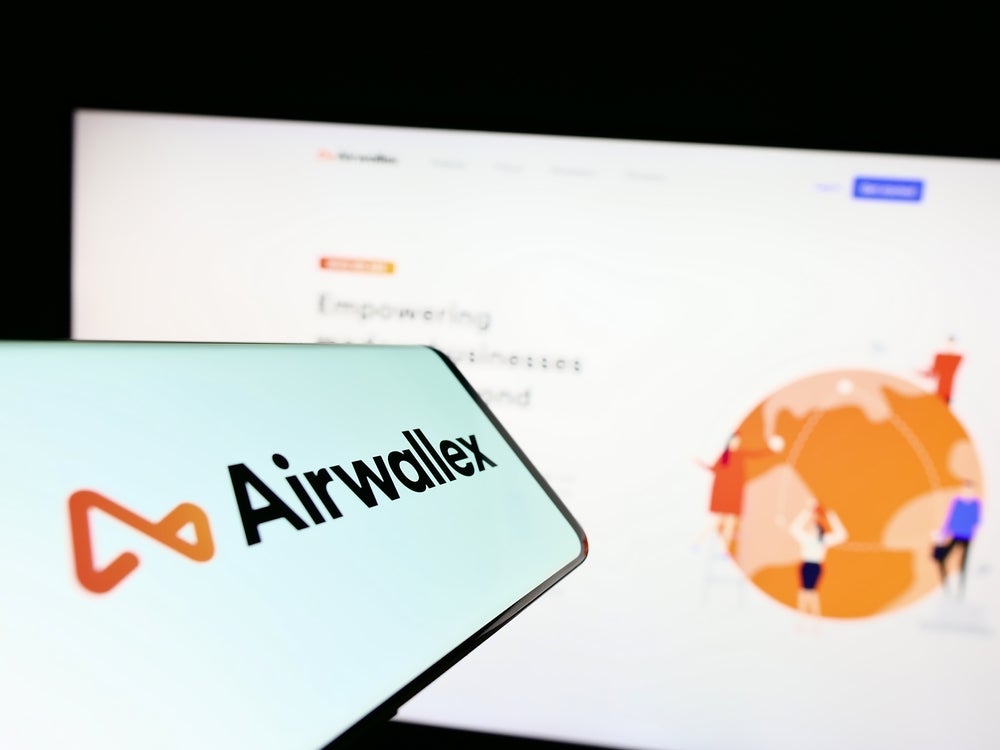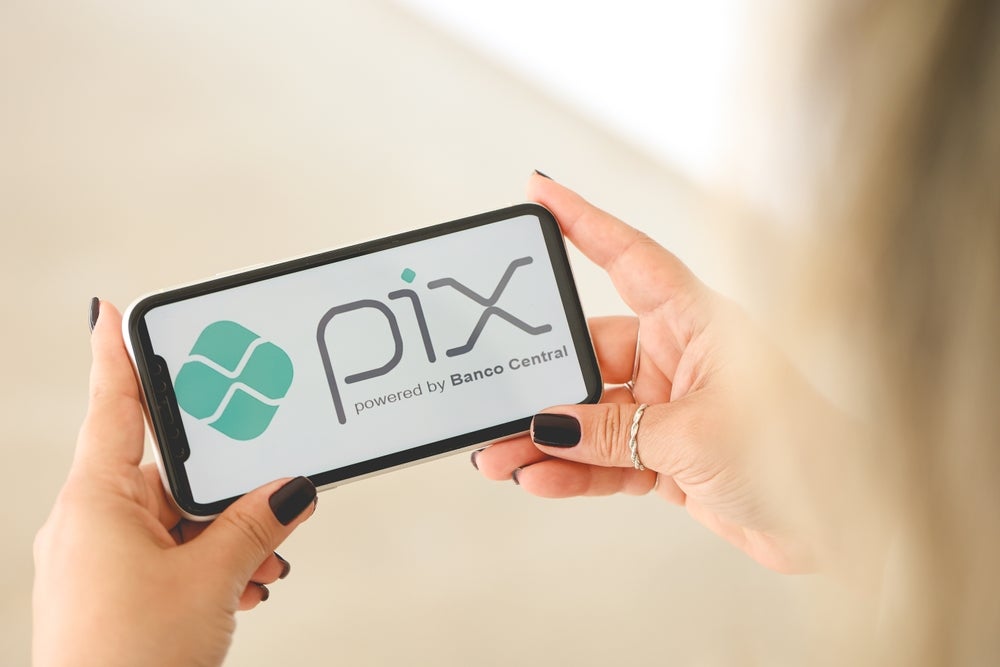
Embedded finance and payments are a regular part of our everyday lives, whether we’re settling a fare for a rideshare with Bolt or ordering a meal from a food delivery app.
While these encounters are usually through digital-first services, traditional industries have begun to embrace embedded payments. This is partly in response to the need to keep pace with broader innovation happening across these sectors, but it also creates a more seamless and secure payment experience for all parties. This focus on improving the payment experience will empower traditional businesses to adapt.
The payments speedbumps encountered by old-school industries
An example of a traditional industry embracing embedded payments is the automotive sector. More marketplaces for buying and selling cars online are emerging, yet the payment experience has remained a sticking point for dealers, sellers and buyers.
For example, with cars being a high-value purchase or sale, all parties involved in the transfer of funds want to feel assured that payments will be made quickly and seamlessly. Payments happening off-platform cause friction and huge operational challenges – and, in reality, being directed to a new platform during such a high-value transaction, or the appearance of an error message, could see sellers or buyers hit the emergency brakes and cancel the purchase entirely.
Upgrade the payments process or stall
To stay ahead of the curve and capitalise upon industry innovation, the payment process cannot be an afterthought, especially for businesses operating in traditional industries like automotive.
In the past, regulatory complexities and high upfront costs have prevented marketplaces from embedding payments. Today, customisable APIs are readily available from fintechs, and by using APIs, businesses like car marketplaces can plug payment services onto their existing platforms and conduct payments in an environment trusted by their customers. By building a cohesive payment experience under one brand, traditional businesses can benefit from improved conversion rates and customer loyalty.

US Tariffs are shifting - will you react or anticipate?
Don’t let policy changes catch you off guard. Stay proactive with real-time data and expert analysis.
By GlobalDataOnce a business like a car marketplace has firmly established payment acceptance as part of its offering, they are in a position to support broader functions on its platform. One example is offering a digital wallet on the platform where customers can store, withdraw and transfer funds instantly. This would be particularly useful for large dealer groups who need to arrange same-day payments when purchasing cars from private sellers. Another function to consider is multi-currency optionality, which allows businesses to expand to international markets and process payments through the same infrastructure in their respective local currencies and markets, eliminating any conversion hurdles.
Ultimately, for traditional industries to go “new-school”, they need to shift into a new gear when it comes to building an end-to-end platform that not only masters the payment process but also embraces other innovative functions to alleviate customer pain points.
Ben Hornby, Director, Sales, SME & Growth, UK, at Airwallex







